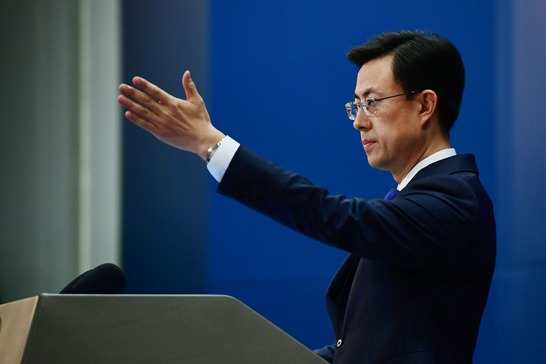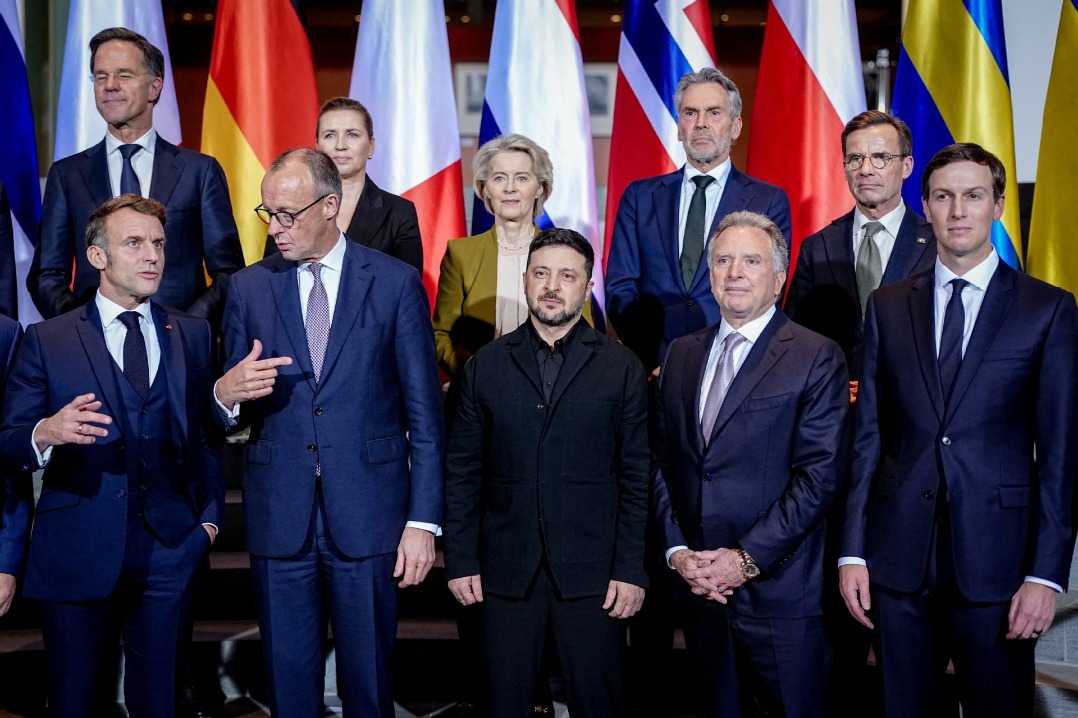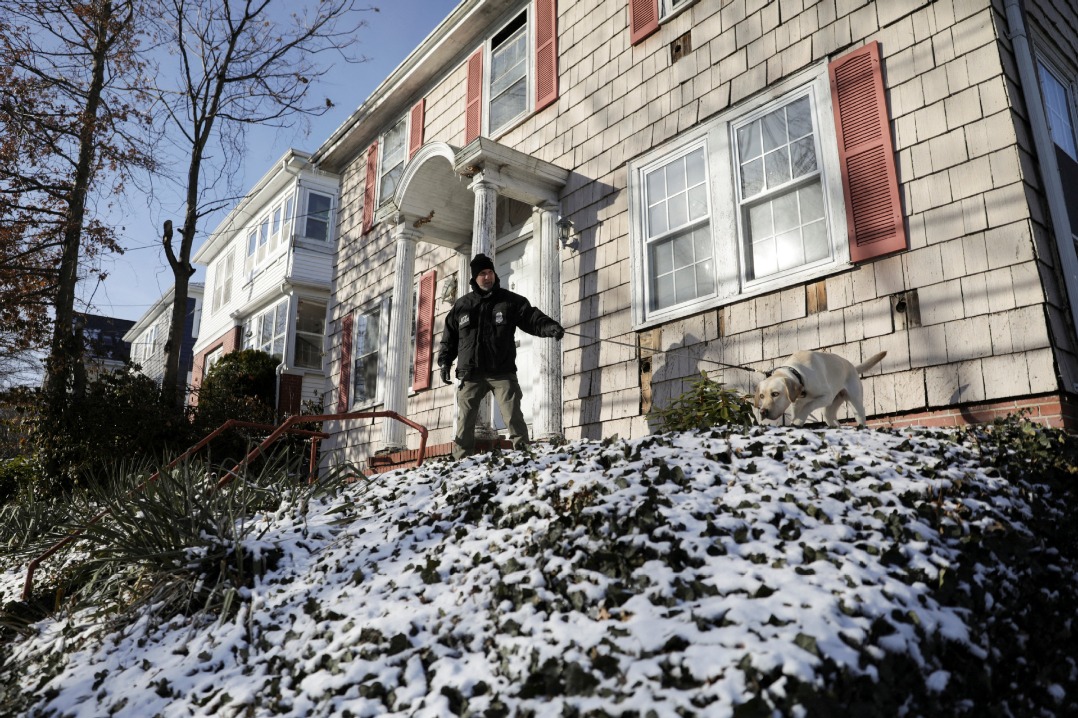US-China trade war is hot topic at Iowa State Fair


It weighs 600 pounds, and it’s all butter.
The butter cow is one of the highlights of the Iowa State Fair, which is expected to attract more than 1 million people this week in Des Moines, the capital and biggest city of Iowa.
For 207 years, every August, the state’s official celebration of agriculture has been held. And for 107 of those years the Butter Cow — which is frozen, can be reused for up to 10 years and is big enough that state fair officials say it could butter about 19,200 slices of toast — has been one of the main attractions.
But this year, local and national media covering the event report that the US trade war with China is getting as much attention at the fair as the Big Boar competition and the Butter Cow.
And the main topic is soybeans. Iowa is the nation’s second-largest producer of the crop. China buys about 40 percent of the US soybean crop. The percentage is even higher in Iowa — possibly 60 percent or more.
The Trump administration has imposed tariffs on China, and China has countered with retaliatory tariffs. The moves have brought down the prices of Iowa grain, meat and other agricultural commodities.
One former Iowa office-holder at the fair over the weekend was Terry Branstad, the US ambassador to China who served as governor for 22 years before accepting the ambassador post last year.

Speaking at the fair, Branstad told reporters that he isn’t sure how long the impasse with China will last.
“We’re continuing to have discussions,” Branstad said. “I’m trying to keep the leaders in Washington informed and do all that we can. We’ve had several meetings and we’re going to continue to work on it.”
On Monday, Branstad again addressed the US-China trade dispute.
He said there are tremendous economic opportunities for business between the United States and China and urged patience on what he acknowledged are difficult trade talks between the two countries, according to The Des Moines Register.
“We are the two largest economies in the world,” Branstad said. “We are very hopeful that some of the trade relations can get worked out and that the relationships can flourish and grow.”
Branstad spoke to about 200 people at an Immigrant Entrepreneurs Summit in Des Moines. About 70 percent of the audience was Chinese and Chinese-American people, according to the newspaper.
Branstad, who has a long-standing friendship with Chinese President Xi Jinping, said that he realizes there is immense nervousness about the current trade dispute.
“US relations with China is a complicated situation. But I think if we work together in good faith, we can see the challenges overcome,” said Branstad.
Iowa Republican US Senator Charles Grassley also stopped by the state fairgrounds on Friday. He told a local TV reporter that the goal of Trump’s tariffs “is a good idea, whether or not it produces a good result he wants, I think it’s going to take time to tell. Farmers have anxiety about it, but from what I can tell, they think the president is trying to do the right thing.”
Local farmers at the fair also talked about the trade war and how it is affecting them.
Greg Hora, president of the Iowa Pork Producers Association, told the Register that the US consumes only about 70 percent of the pork it produces. “We’ve built an industry on those foreign market opportunities,” said the Fort Dodge producer. “We rely on those exports.”
Bill Vanderham, a small dairy producer in southeast Iowa, said milk prices had just started to rise when Trump’s tough talk on trade began last spring. “That zapped them back down,” he said.
The fallout in the dairy industry has hit big operations and small operations.
“Our prices have been so low, dairies are closing up across the country,” the third-generation producer said, adding that he’s cutting costs to continue operating.
Mark Meirick of Protivin told the newspaper that he’s worried about the impact the trade war will have on rural communities.
“Farmers aren’t buying extra machinery. They’re not building new machine sheds. It’s going to affect our local lumber dealer, our local equipment dealer, our local bank in our little town of 300 people. And the elevator where we’re at,” he said, adding that risks will grow the longer the tariffs last.
Contact the writer at aiheping@chinadailyusa.com
































